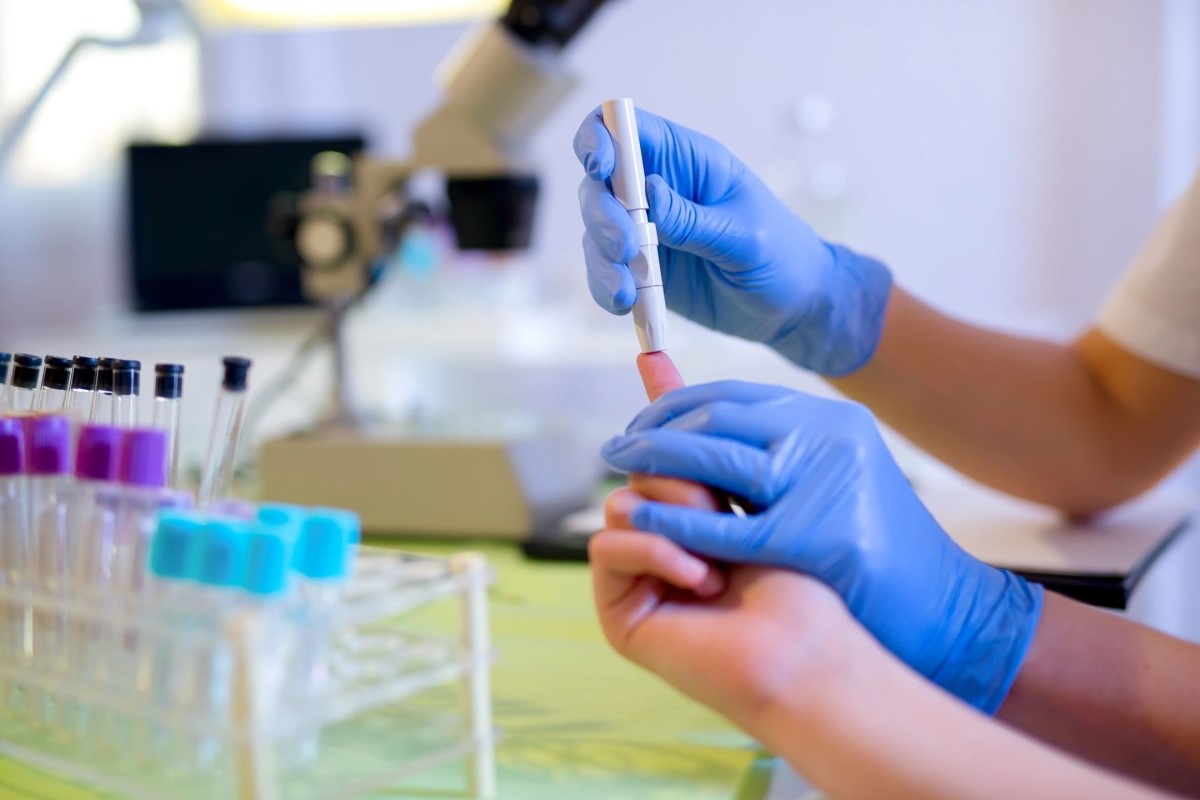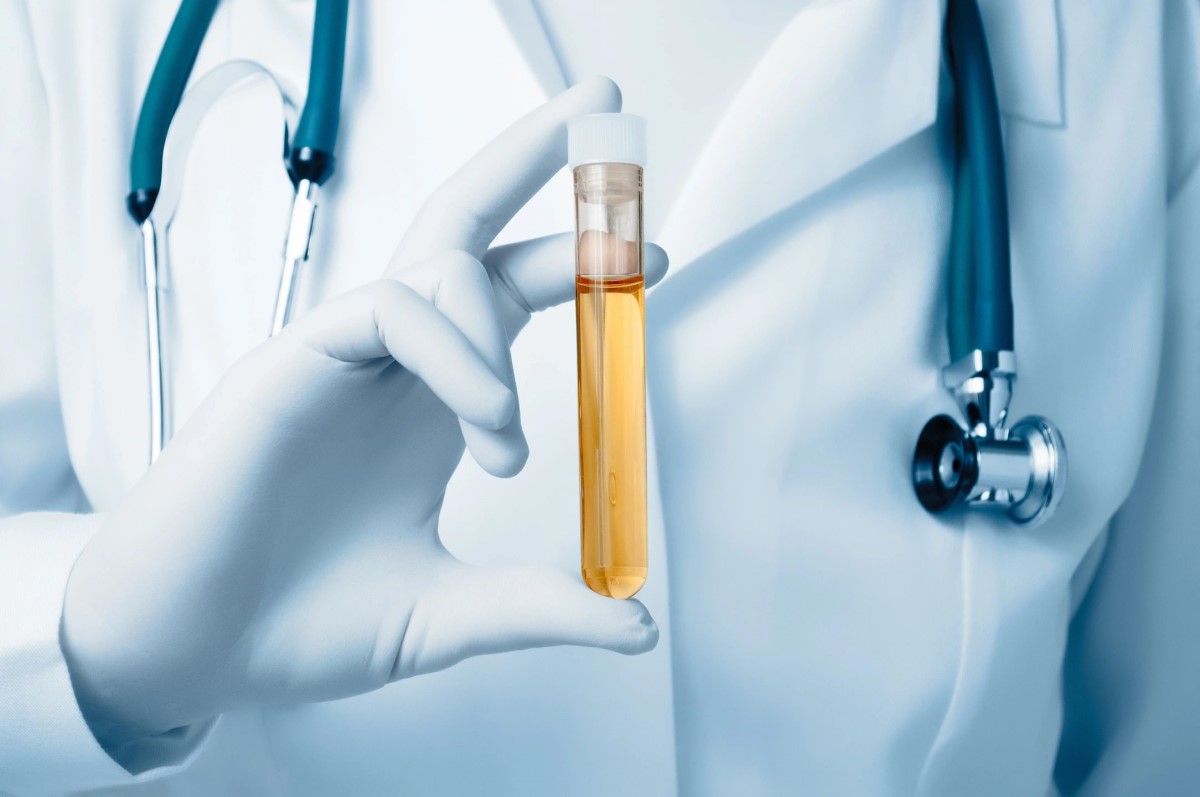Name of the Test: Antioxidant assay
Alias Names: Total antioxidant activity, Antioxidants in serum or plasma.


Clinical Applications:
Free radicals or reactive oxygen species are produced during biochemical redox reactions in the body as part of normal cell metabolism and response to environmental factors such as ultraviolet light, gamma radiation, environmental pollutants and smoking. These free radicals react with cellular components leading to damaged lipids, DNA and proteins. These damaged biochemicals lead into various diseases including cancer, autoimmune diseases, atherosclerosis, diabetes, liver damage and various nervous disorders. Living organisms have a large number of anti-oxidants, including macro molecules (albumin, transferrin, etc.) and small molecules (Vitamin C, E, uric acid , GSH, etc.) and enzymes(GSH reductase, catalase, peroxidases, etc. ). Quantitative measurement of cumulative antioxidant capacity in body fluids may provide important biological information/ resistance to free radicals.
Method:

Plasma and serum samples (containing antioxidants) suppress the production of radical cation in a concentration dependent manner. The assay measures the decreasing free radical formation and measured at 405 nm. Vitamin E analog is used as the calibrator.
Test Information:
-
Specimen requirements: 3 ml of plasma or serum (1 ml minimum).
Shipping requirements: Ship the samples frozen or in ice packs. Shipping samples at room temperature is not recommended. -
Turnaround time:
1 day (set up every Tuesday and reported the following day). -
Reference Range: 0.5 to 2.0 mm
References:
- Koracevic D et al (2001) Method for measurement of antioxidant activity in human fluid.
J Clin Pathol 54: 356 -361. - Ho E et al (2013) Biological markers of oxidative stress: Applications to
cardiovascular research and practice. Redox Biol 1: 483 – 491.

